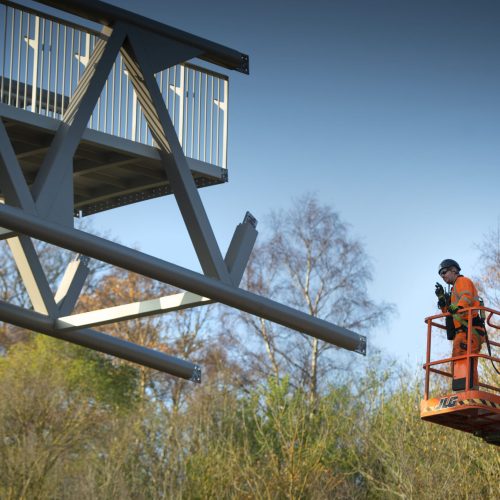Waste and errors burn cash that could be invested in improving the nation’s transport infrastructure. If you look at the numbers involved, you can see why it’s a priority.
The Get It Right Initiative (GIRI) calculated that project errors typically add 5% to direct costs. When unrecorded process waste, latent defects and indirect costs are included, the total cost of errors soars to between 10% to 25%. Between £10–25 billion per annum across the construction sector, in other words.
Implementing Lean is a proven way to reduce process waste. Similarly, eliminating waste is everyone’s job and a focus for our Lean implementation. It’s an objective everyone can understand and get behind. Here’s a brief insight into how we’re doing it.
Relatable to All
You can design the strategy, put governance models in place and implement metrics, but for Lean to achieve serious cost-reductions it has to become part of how people work every day. It has to become as relatable to every operative and supply chain partner as it does to business leaders and champions.
TIMWOODS is a handy acronym that allows us to do that. The letters stand for: Transportation, Inventory, Motion, Waiting, Overprocessing, Overproduction, Defects and Skills.
You can read more about this topic in our recent white paper.
For now, let’s pick on a couple of the more down-to-earth waste categories.
Balancing Inventory and the Waste of Waiting
Waiting for parts, instructions, information, equipment or operatives to arrive prevents resources from being productive. Often these are practical and scheduling issues that can be avoided by engaging people with practical experience early enough in the process.
That has to be balanced with inventory. Storing parts and materials before they’re needed creates a cash flow cost, in addition to the direct cost of storage. If items are damaged or incorrectly stored onsite there’s further waste.
Raising awareness of these issues using TIMWOODS puts them at the forefront of everyone’s mind. It encourages a culture of constructive questioning built around shared objectives. That’s when it becomes meaningful to all.
For more information contact Mike Todd (mike.todd@octaviusinfrastructure.co.uk).


